CRD Climate Adaptation Capacity Building Initiative
This program is hosted by:
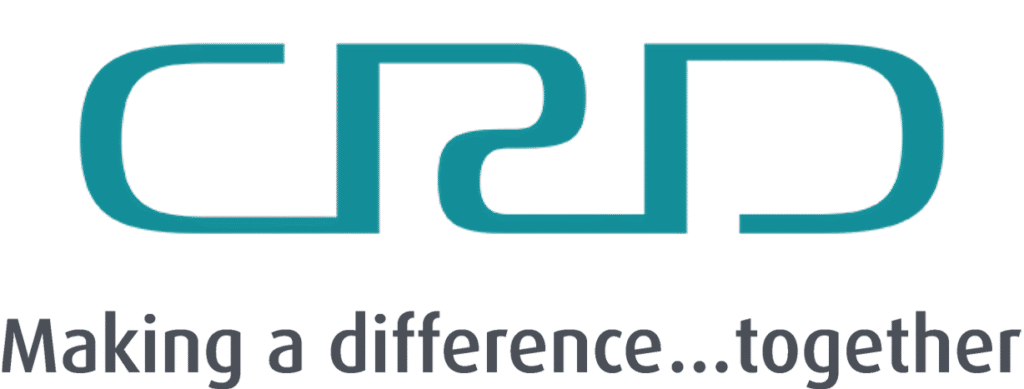
With program delivery by:
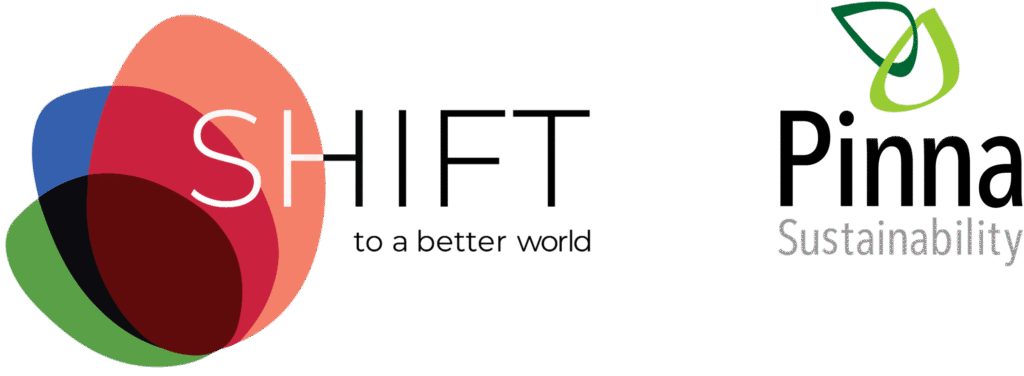
Funding provided by:
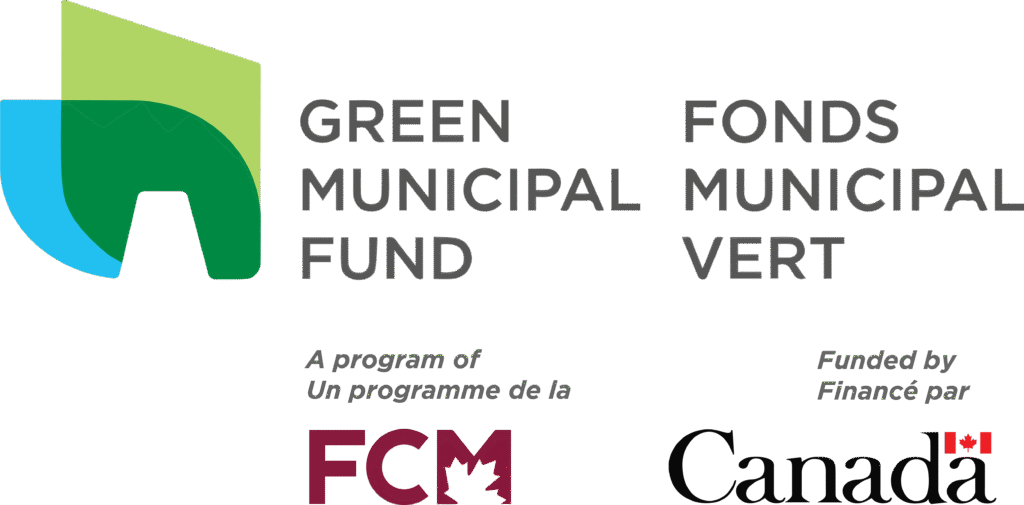
Program Description
The Capital Regional District (CRD), with support from SHIFT Collaborative and Pinna Sustainability, is launching a new capacity-building program to support local governments, First Nations, and regional partners in advancing climate adaptation and resilience. This program is designed to build foundational knowledge, foster collaboration, and strengthen applied skills through three distinct learning and collaboration opportunities. Each offering is tailored to meet participants where they are in their adaptation journey—whether just beginning or actively leading change.
This project is carried out with funding from the Federation of Canadian Municipalities’ Green Municipal Fund and the Government of Canada.
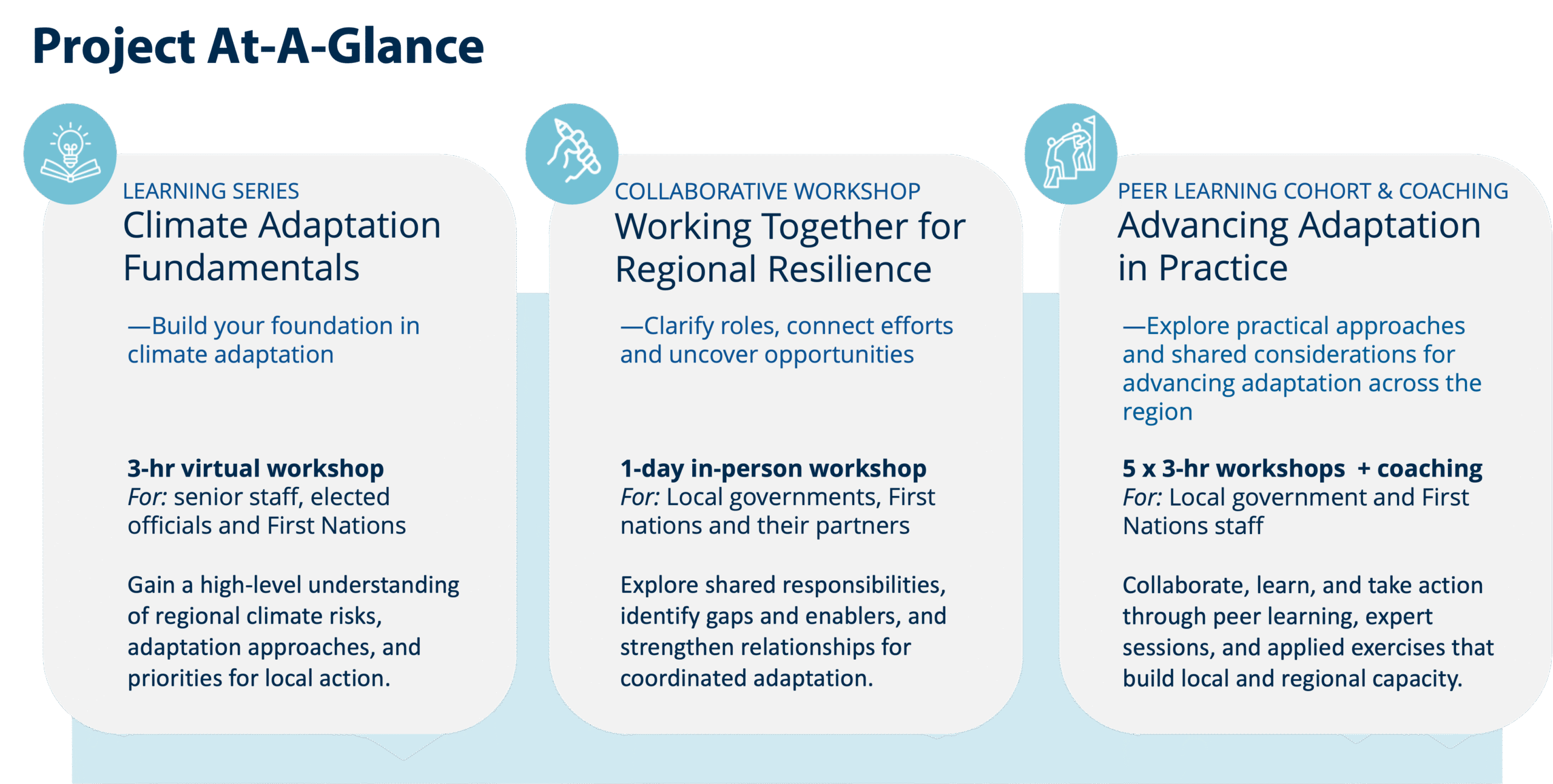
Adaptation Capacity Building Framework
To guide this initiative, we are drawing on an Adaptation Capacity Building Framework. This framework identifies six core areas of capacity and four guiding principles for advancing climate adaptation across the region and provides a shared foundation for training, collaboration, and systems change. The framework draws on the UNDRR 10 Essentials for Making Cities Resilient, the FCM Climate Ready Communities Assessment Tool, as well as identified opportunities for climate adaptation in the CRD.
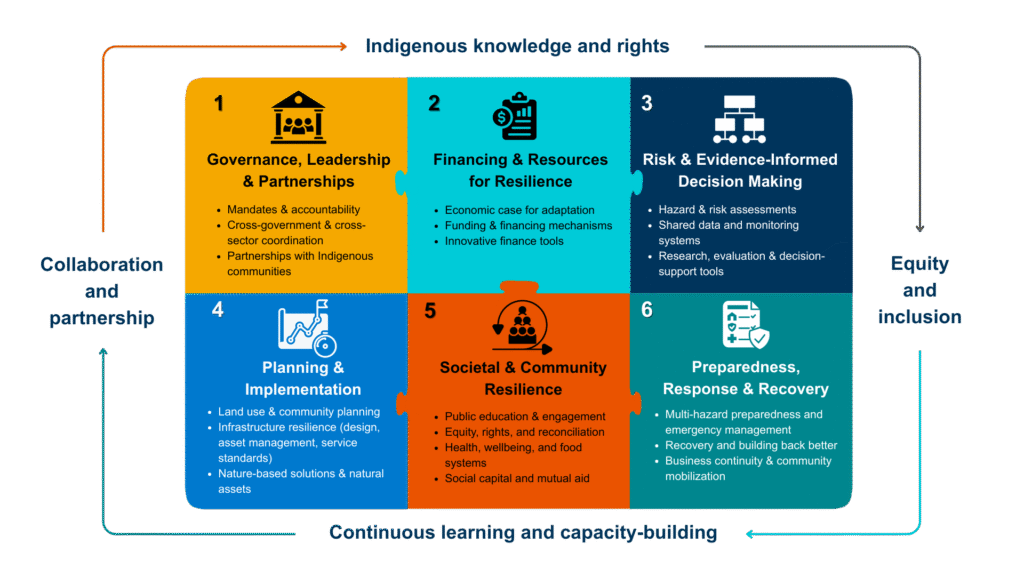
Program Offerings
1. Climate Adaptation Fundamentals
Build your foundation in climate adaptation.
This interactive 3-hour virtual workshop is designed for elected officials and senior staff who are newer to climate adaptation.
When and Where
Choose one of the three sessions (please register for only one):
For Staff: December 11th, 9-12 (registration link)
For Staff: February 5th, 9-12 (registration link)
For Elected Officials: February 19th, 9-12 (registration link)
Why attend?
Through interactive learning, participants will gain a clear understanding of what adaptation is, why it matters now, and how it connects to mitigation and risk reduction. The session explores regional climate risks, the costs of inaction, and practical ways to integrate adaptation into everyday decisions.
Workshop Objectives
- Understand what climate adaptation is, why it matters now, and how it differs from mitigation and risk reduction.
- Become familiar with key regional climate risks and projections.
- Appreciate the costs of inaction and gain perspective on how to build the case for adaptation in organizational decisions and resource allocation.
- Recognize how adaptation must address equity, rights, and relationships and explore practical frameworks and approaches, including Indigenous approaches, nature-based, and low-carbon solutions.
- Clarify the roles and responsibilities of different actors in advancing adaptation.
2. Regional Climate Adaptation Collaboration Workshop
Work across sectors for a climate-resilient region.
This full-day in-person workshop brings together local governments, First Nations, provincial and federal agencies, infrastructure operators, and service providers. Participants from diverse roles are invited, such as emergency management, infrastructure owner/operators, planning, community development and related areas.
When and where is it?
February 18, time and location TBD (registration link)
Why attend?
Collaborate with peers and partners to build a shared understanding of regional climate risks and priorities, clarify roles and responsibilities, and identify needs, gaps, and opportunities for coordinated adaptation in the region.
Workshop Objectives
- Build a shared understanding of key regional climate risks, projections, and adaptation priorities.
- Clarify jurisdictional roles, responsibilities, and overlaps in adaptation and disaster risk reduction.
- Identify gaps, friction points, needs, and enabling conditions for stronger collaboration.
- Strengthen relationships and trust among local governments, First Nations, and regional partners.
- Contribute actionable insights that will inform the regional adaptation roadmap and next steps.
3. Climate Adaptation Cohort
Strengthen adaptation knowledge and skills, build peer connections, and advance action together.
Running from January to June 2026, this hands-on learning cohort includes five 3-hour workshops and optional coaching support. It is designed for staff actively working on climate adaptation and resilience in their communities, such as those working in climate action, emergency management, engineering, asset management, or finance.
When and where is it?
This cohort will meet five separate times. Three sessions will be in-person and the other two will be online. All in-person sessions will be held in the capital region, location TBD. By registering for this session, you are registering for all five sessions. Calendar invites for each session will be sent out ASAP.
Session #1: January 22, 9 am-12 pm (in-person, Royal Roads, Room 103, Dogwood Auditorium, Colwood)
Session #2: March 12, 9 am – 12 pm (online via Zoom)
Session #3: April 16, 9 am -12 pm (in-person, Room 652 CRD Headquarters, 625 Fisgard Street, Victoria)
Session #4: May 21, 9 am – 12 pm (online via Zoom)
Session #5: June 25, 9 am – 12 pm (in-person, Mary Winspear Centre, Room 4, 2243 Beacon Avenue, Sidney)
Why attend?
A hands-on learning cohort for those advancing, or seeking to advance, climate adaptation and resilience in their communities. Through deep dives into priority adaptation themes, expert presentations, and “roll-up-your-sleeves” exercises, participants will build applied skills, share knowledge, and strengthen partnerships through peer learning. The cohort will support ongoing climate risk assessments and adaptation planning, and build lasting capacity, relationships, and opportunities for coordinated actions.
Objectives
- Deepen their understanding of regional climate risks, needs, and opportunities through focused exploration of priority themes.
- Strengthen applied skills in systems thinking, collaboration, and adaptation planning through expert inputs, peer learning, and practical exercises.
- Support and advance ongoing work on local climate risk and vulnerability assessments and adaptation plans.
- Share lessons learned, strengths and challenges with peers, building collective knowledge and partnerships across communities.
- Identify regional risks and adaptation priorities and potential coordinated actions to inform the CRD’s adaptation roadmap.
Contact
For more information, please contact Maia Carolsfeld, Climate Action Coordinator, Capital Regional District.(mcarolsfeld@crd.bc.ca)
FAQ
1. Who is leading this training opportunity?
This training is hosted by the Capital Regional District (CRD) Climate Action Service. To facilitate the development and delivery of the project, CRD has retained SHIFT Collaborative and Pinna Consulting. It is part of a broader initiative to build capacity for climate adaptation across local governments, First Nations, and regional service providers in the capital region.
2. Can I attend if I primarily conduct my work outside of the capital region?
The program is designed primarily for participants whose work is primarily within the capital region, however individuals from other municipalities or regions may attend if space allows and the content is relevant to their work. Please reach out to Maia Carolsfeld at mcarolsfeld@crd.bc.ca if you are interested in attending but work and/or live outside of the region to confirm if there is space.
3. Do I need to get my manager’s permission to attend this training opportunity?
Follow your organization’s policies regarding managerial approval for training approvals. A formal commitment letter can be provided for individuals who plan to attend the Climate Adaptation Cohort to help secure managerial support, but it is not required.
4. Who is funding this initiative?
This project is carried out with funding from the Federation of Canadian Municipalities’ Green Municipal Fund and the Government of Canada.
6. Should I sign up for all three Climate Adaptation Fundamentals workshops?
No, the Climate Adaptation Fundamentals workshops are identical.
7. Will the workshops be recorded?
No, training opportunities for this project are designed to be highly interactive and involve a great deal of group discussion, as such, they will not be recorded. A copy of the presentation materials may be requested if needed.
8. Is there a cost to attend the training?
There is no cost to registering for the training opportunities in this project. If you require financial assistance to attend, please get in touch with Maia Carolsfeld, mcarolsfeld@crd.bc.ca to discuss options.
9. Which offering should I register for—Fundamentals, the Cohort, or the Collaboration Workshop?
- Fundamentals Workshop: best for staff who are newer to climate adaptation and want a high-level survey of core concepts, risks, roles, and frameworks.
- Adaptation Cohort (5 sessions): for staff who are actively advancing adaptation work (e.g., risk assessments, plans, implementation) and want a peer-learning space to deepen practice and troubleshoot real barriers.
- 1-day Collaboration Workshop (Feb 2026): for staff and partners who want to build cross-jurisdiction coordination on shared regional priorities.
If you’re unsure, pick the one that best matches your current role and needs—contact Maia Carolsfeld (mcarolsfeld@crd.bc.ca ) for advice.
10. Can I register for more than one offering?
Please register for either the Fundamentals Workshop or the Adaptation Cohort, not both. If you are already working on adaptation in your organization, you’re also welcome to register for the 1-day Collaboration Workshop in February 2026.
11. Can more than one person from my organization attend?
Yes. Multiple staff can attend. We encourage teams to choose the offering that best fits their role (e.g., newer staff to Fundamentals; those actively contributing to adaptation to the Cohort). For the Adaptation Cohort, it is important that the same staff member(s) participate across all five sessions to ensure continuity and build on the peer-learning process.
13. Do I need to attend all five workshops in the Adaptation Cohort?
The Cohort is a peer-learning series where each session builds on the last. Please plan to attend all five sessions. If you must miss one, materials and brief catch-up guidance will be provided so you’re ready for the next session.
12. What are the participation expectations?
All sessions are highly interactive, blending short presentations with exercises, discussion, and peer learning. Please come prepared to participate actively, share examples from your work where relevant, and reflect on next steps you can bring back to your organization.
14. What topics will be covered?
Content is guided by the Adaptation Capacity-Building Framework—six core capacity areas and four cross-cutting principles that help align efforts across the region.
- Six capacities: Governance, Leadership & Partnerships; Financing & Resources for Resilience; Risk & Evidence-Informed Decision Making; Planning & Implementation; Societal & Community Resilience; Preparedness, Response & Recovery
- Cross-cutting principles: Indigenous knowledge and rights; Equity and inclusion; Collaboration and partnership; Continuous learning and capacity-building.
Specific agendas will be shared closer to each session.
